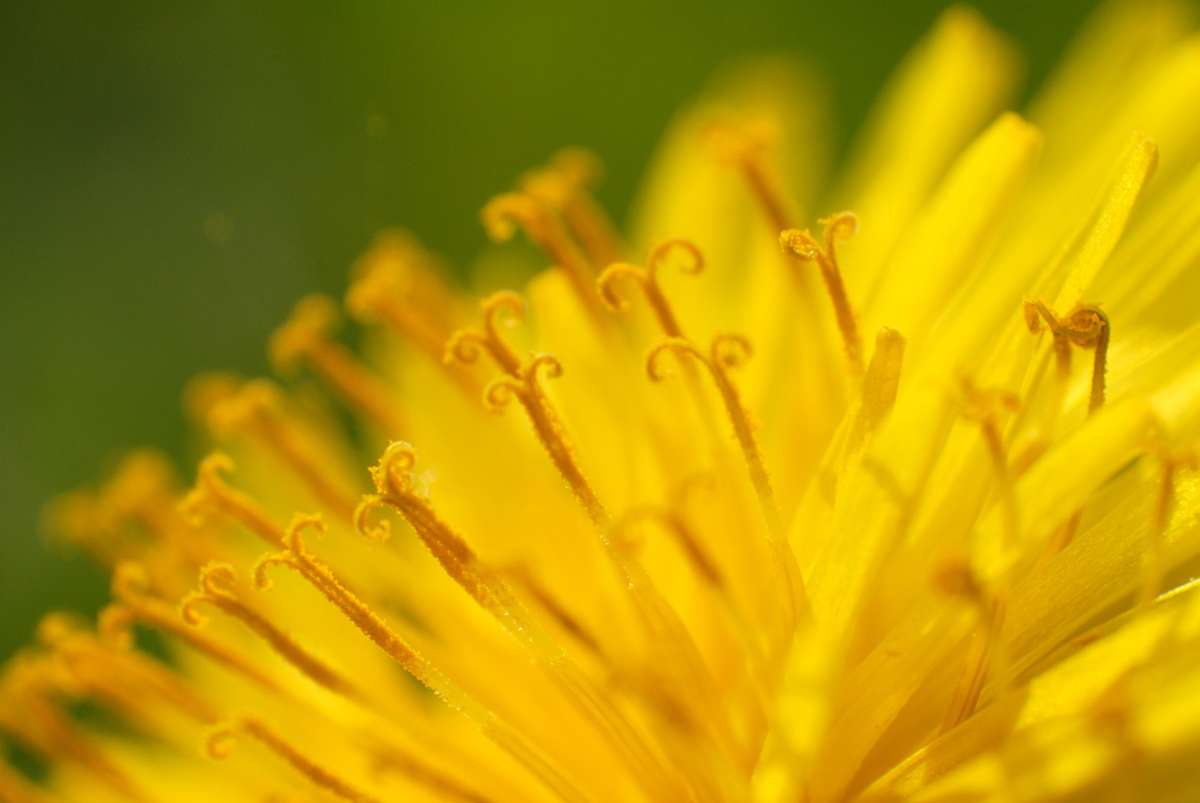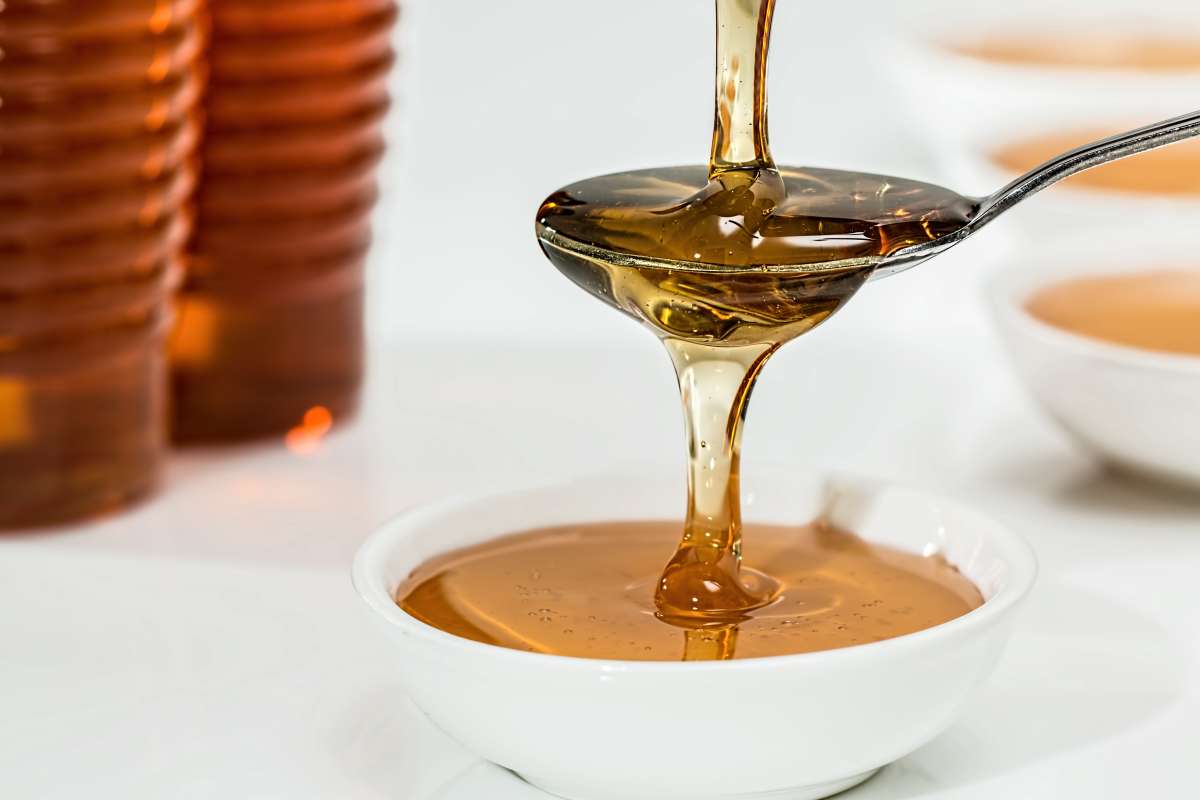Treating Asthma in Kids During Asthma and Allergy Awareness Month

April showers might bring May flowers, but it can also bring a lot of allergies. Along with an increase in allergens floating around in the air, you might also see an increase in asthma problems in your children. Throughout Asthma and Allergy Awareness Month, find out how to treat asthma in kids effectively, which often requires that you take steps to manage spring allergies.
Tip #1: Know Your Local Pollen Count

Throughout pollen season, allergens in the air can often trigger an increase in allergic reactions and asthma attacks. Keep a close eye on the pollen count in your area and take action to prevent exposure in the afternoon, when the pollen counts peak. Keep the windows and doors closed when pollen counts are high, and consider installing a HEPA filter to reduce indoor pollen in your home.
Tip #2: Keep a Rescue Inhaler Handy
If your child occasionally needs a rescue inhaler, make sure to keep one on hand throughout spring allergy season. Any time you take your kiddos outside throughout the month, always bring along your child's rescue inhaler to have at the ready in case of an unexpected asthma attack.
Tip #3: Try Home Remedies

Using home remedies to combat allergies and asthma can help reduce overall reactions to pollen in the air. In fact, some of the most common home remedies, taking raw, local honey and using a neti pot, have even become more accepted by the medical community. In children ages 12 months and older, taking 1 tablespoon of raw, local honey could help increase your child's tolerance to regional pollens. If your child suffers from congestion and a runny nose during allergy season, try using a neti pot, which can reduce symptoms by flushing allergens from her sinuses. Just make sure you are using either distilled or boiled, cooled water to flush out his or her nose. As with any home remedy or treatment, consult your pediatrician before administering it for the first time.
Tip #4: Understand Over-the-Counter Treatments
Although many mamas might feel wary of over-the-counter allergy medications, they can sometimes benefit children who really struggle with seasonal allergies. Look for children's formulas that contain non-sedating antihistamines, such as Allegra, Claritin and Zyrtec, which work by reducing the histamine reaction in the body caused by allergens in the air.
Note that children under 2 should not take allergy medications unless recommended by a doctor. Even for children over 2, it's a good idea to talk to your pediatrician first.
Tip #5: Keep Your House Super Clean
Even if you normally keep a fairly tidy house, you might want to step up your cleaning throughout allergy season. Pollen and outdoor allergens can end up on bedding, in carpeting, on rugs, and on household surfaces even under the best cleaning circumstances. Throughout May, try washing all of the bedding at least once a week, vacuum all carpeting and rugs at least twice a week, and wipe down surfaces around your home multiple times a week to keep your child's allergies and asthma at bay.
And if you can't tell whether you child is suffering from allergies, asthma or a cold, check out our resource, Colds, allergies, and asthma: how do you tell which is which?

